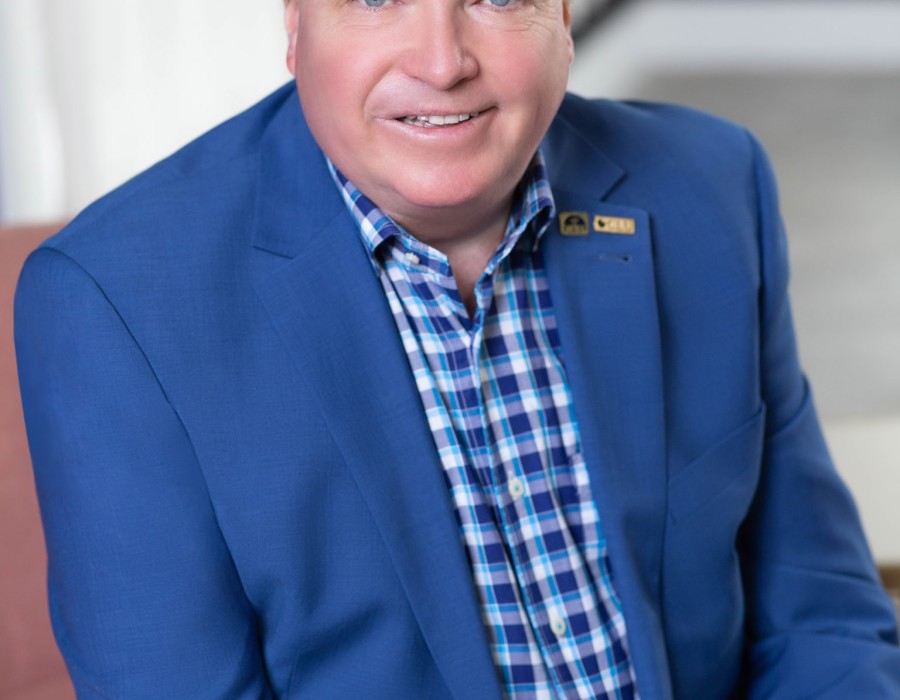John Moakler
Tax Planning Tips Every Doctor and Dentist Should Know with John Moakler
Ensuring a thriving medical or dental practice involves not only providing top-notch care to patients but also optimizing your tax strategy. One key aspect of tax planning for healthcare professionals is maximizing deductions for medical equipment. In the fast-paced world of medicine, staying up-to-date with the latest technology is crucial for delivering optimal patient outcomes. Fortunately, the tax code provides avenues for doctors and dentists to recoup some of these substantial investments.
When purchasing medical or dental equipment, consider taking advantage of Section 179 of the Internal Revenue Code. This provision allows you to deduct the full cost of qualifying equipment in the year it is purchased, rather than depreciating it over time. This can lead to significant tax savings, freeing up resources for further investment in your practice. Keep detailed records of each equipment purchase, including receipts and specifications, to ensure compliance with tax regulations. Additionally, explore available tax credits related to energy-efficient or accessibility-enhancing equipment, as they can further contribute to your overall tax strategy.
To streamline the process, consider consulting with a tax professional like John Moakler specializing in healthcare. They can provide personalized advice tailored to your specific circumstances, ensuring you make the most informed decisions regarding your medical or dental equipment investments.
Structuring Your Practice for Tax Efficiency
The organizational structure of your medical or dental practice plays a pivotal role in your overall tax planning strategy. Choosing the right structure can lead to significant tax advantages and asset protection. Many healthcare professionals opt for a Limited Liability Company (LLC) or a Professional Corporation (PC) due to their flexibility and tax benefits.
An LLC provides a favorable balance between liability protection and tax efficiency. Income generated by the practice passes through to the individual members, avoiding double taxation. Moreover, LLC members have the flexibility to allocate profits and losses in a manner that best suits their financial objectives. On the other hand, a Professional Corporation is a popular choice for doctors and dentists as it allows for the accumulation of earnings at lower tax rates. Additionally, it provides a level of personal liability protection.
Before deciding on the structure of your practice, consult with a tax advisor like John Moakler who specializes in healthcare professionals. They can assess your specific needs and guide you towards the most tax-efficient and legally sound structure for your medical or dental practice.
Navigating the Complexities of Student Loan Debt
Medical and dental education often comes with a hefty price tag, resulting in significant student loan debt for many healthcare professionals. Effectively managing and navigating the complexities of student loan debt is crucial for maintaining financial health and optimizing tax planning. The good news is that certain provisions within the tax code can ease the burden for doctors and dentists carrying student loan debt.
Explore the benefits of the Student Loan Interest Deduction, which allows eligible individuals to deduct up to $2,500 in interest paid on qualifying student loans. This deduction is especially valuable for doctors and dentists in the early stages of their careers when student loan payments may constitute a significant portion of their income. Keep meticulous records of your student loan interest payments and ensure they meet the criteria outlined in the tax code.
Consider refinancing your student loans with the help of an expert such as John Moakler, to potentially lower your interest rates and overall repayment burden. While refinancing doesn't directly impact your tax liability, the resulting savings can be allocated towards other financial goals, including tax planning strategies. Evaluate the terms and conditions of refinancing options carefully and consult with a financial advisor to determine the best course of action based on your individual circumstances.
Leveraging Health Savings Accounts (HSAs) and Flexible Spending Accounts (FSAs)
Doctors and dentists can maximize their tax planning efforts by leveraging Health Savings Accounts (HSAs) and Flexible Spending Accounts (FSAs). These accounts offer tax advantages while helping you manage healthcare-related expenses.
HSAs allow you to contribute pre-tax dollars to an account specifically earmarked for qualified medical expenses. The contributions are tax-deductible, and withdrawals for qualified medical expenses are tax-free. Doctors and dentists, facing potential high out-of-pocket healthcare costs, can use HSAs to set aside funds for both immediate and future medical needs. Additionally, the unused funds in an HSA can be invested, providing an opportunity for long-term growth.
FSAs, on the other hand, are employer-sponsored accounts that also allow pre-tax contributions for eligible medical expenses. While they typically have a "use it or lose it" provision, some employers offer a grace period or carryover amount. Healthcare professionals should carefully plan their contributions to align with anticipated medical expenses throughout the year.
Incorporating HSAs and FSAs into your tax planning strategy not only helps you save on current healthcare costs but also provides a valuable tool for future financial security. Regularly review your contributions and adjust them under the guidance of a professional such as John Moakler, based on changes in your healthcare needs.
By integrating these tax planning tips by experts including John Moakler, into your financial strategy, you can navigate the unique challenges faced by doctors and dentists. From maximizing deductions for medical equipment to strategically structuring your practice, and from managing student loan debt to leveraging tax-advantaged accounts, these insights can contribute to the overall financial well-being of healthcare professionals. Always consult with a qualified tax advisor to ensure compliance with current tax laws and regulations.





Comments